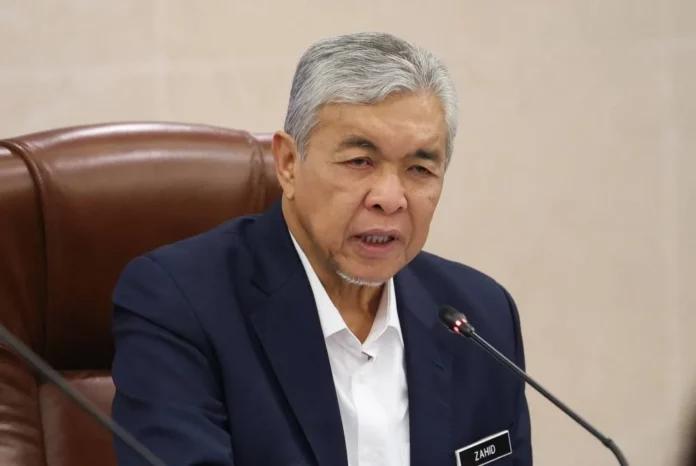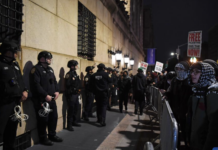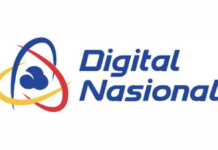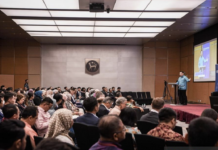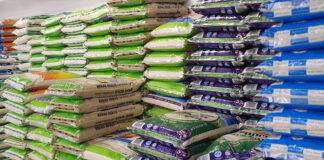PUTRAJAYA, April 3 — The number of unsubsidised fuel stations in the country’s border areas will be increased in stages to combat the problem of leakage in the sale of subsidised diesel, said Deputy Prime Minister Datuk Seri Dr Ahmad Zahid Hamidi.
The National Action Council on Cost of Living (NACCOL) today agreed to the proposed setting up of stations selling unsubsidised diesel in Rantau Panjang and Bukit Bunga (Jeli) in Kelantan as well as Tebedu, Ba’Kalan and Lundu in Sarawak.
The other locations proposed for unsubsidised fuel stations are Pengkalan Hulu (Perak); Johor causeway and Second Link (Johor); Padang Besar and Wang Kelian (Perlis); and Bukit Kayu Hitam (Kedah), he said in a statement issued after chairing the NACCOL meeting.
Ahmad Zahid said the Domestic Trade and Cost of Living Ministry (KPDN) had implemented the six-month OPS TIRIS on March 1 this year to combat misappropriation of subsidised diesel.
As at March 31, a total of 3,424 inspections had been conducted throughout the country involving 92 cases and 88 arrests, with seizures totalling RM3.02 million in 41 cases under the OPS TIRIS, he said.
“Misappropriation of subsidised diesel results in losses to the government and the diesel supply not reaching those eligible,” he said.
Meanwhile, Ahmad Zahid said the RAHMAH initiative, which started with RAHMAH menu, has now been expanded to cover products like textile and services such as insurance.
KPDN introduced the Payung RAHMAH Programme to help the hardcore poor B10 group (monthly income of below RM2,500) and the less fortunate to get assistance in food and basic necessities.
Since April 1 this year, 1,706 restaurants and other food outlets throughout the country had implemented RAHMAH menu while RAHMAH Ramadan Bazaar had been opened at 38 locations to sell breaking of fast delicacies at RAHMAH menu prices, he said.
Ahmad Zahid said the NACCOL meeting also agreed for the Agriculture and Food Security Ministry (KPKM) to study a proposal to upgrade the Federal Agricultural Marketing Authority (FAMA) into a Food Security Agency.
“KPKM will also empower FAMA to widen its marketing network by focusing on high-density areas and rural areas which lack access to retail services,” he said.




